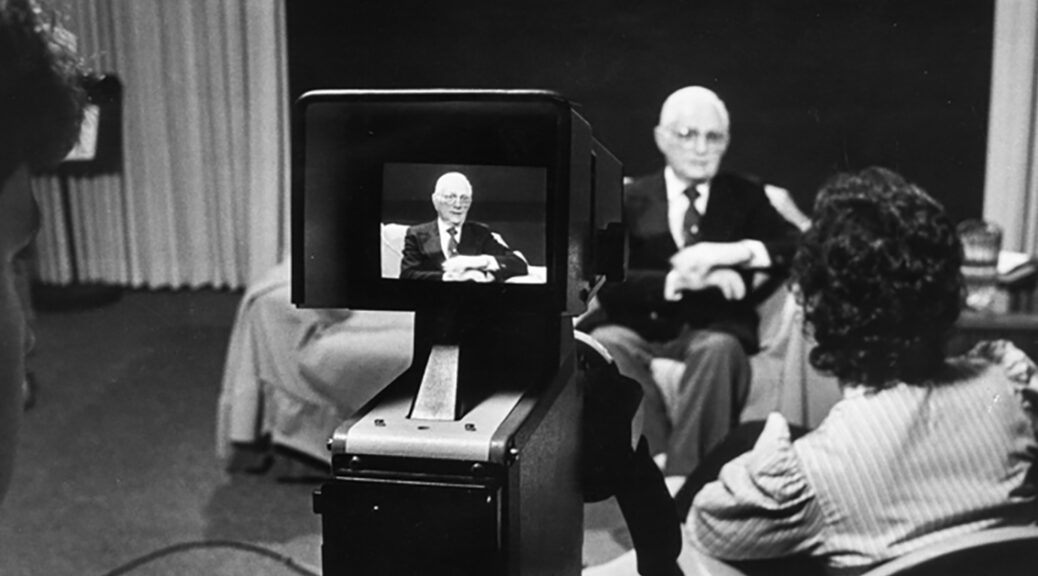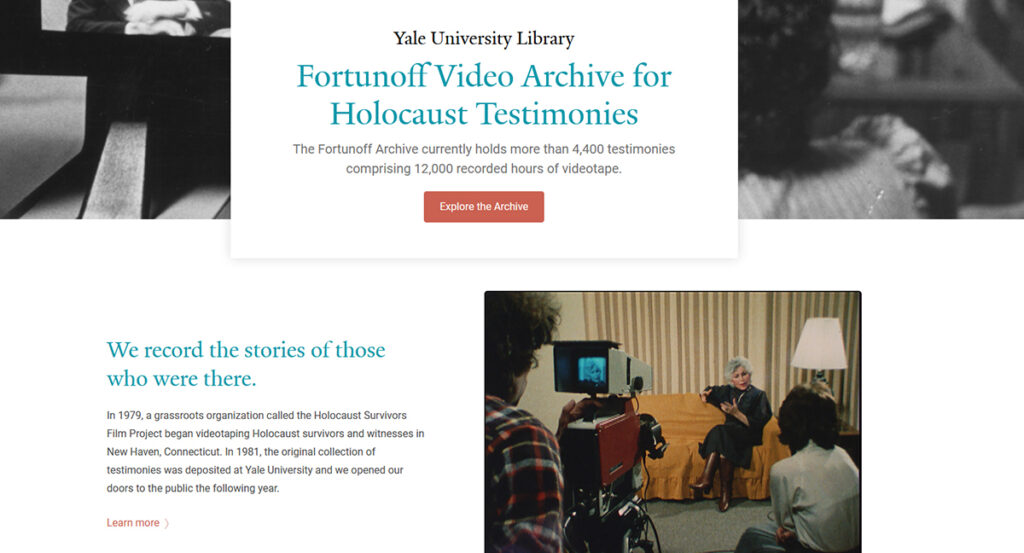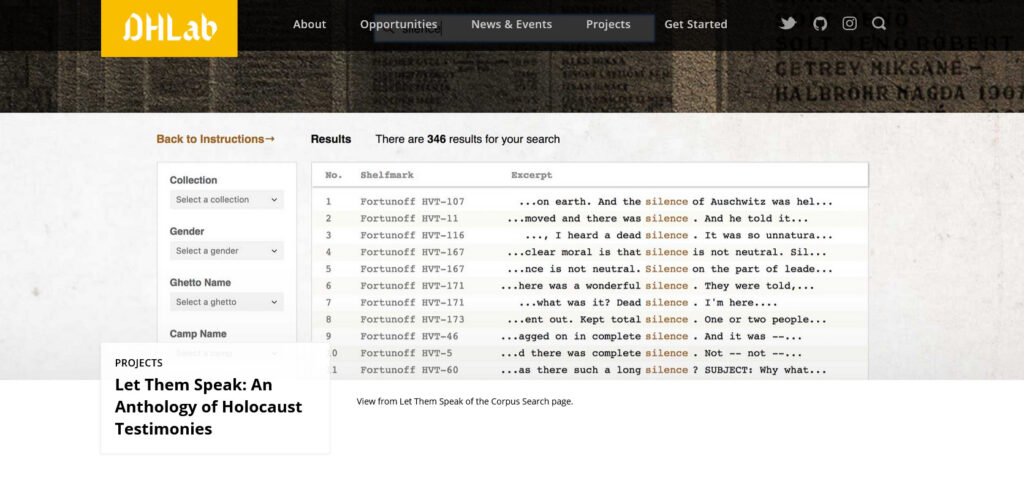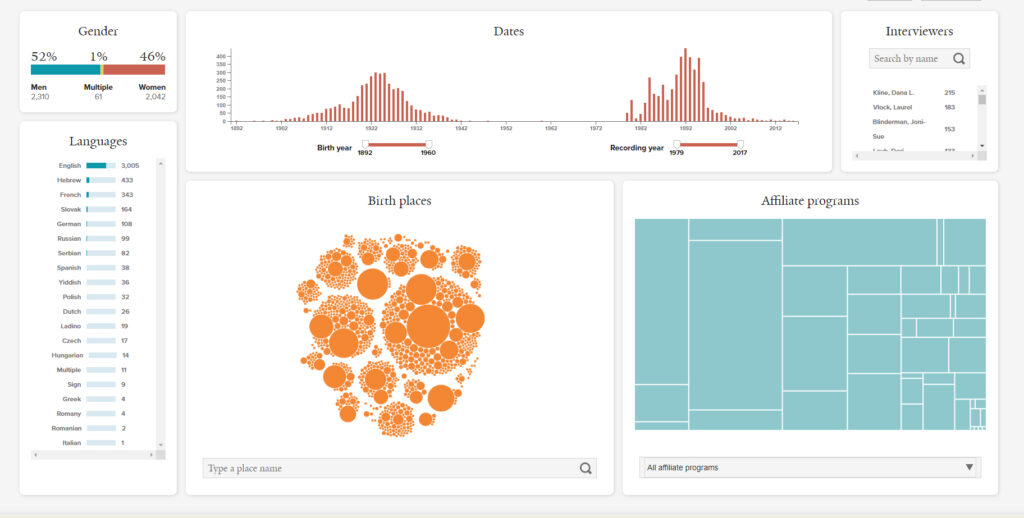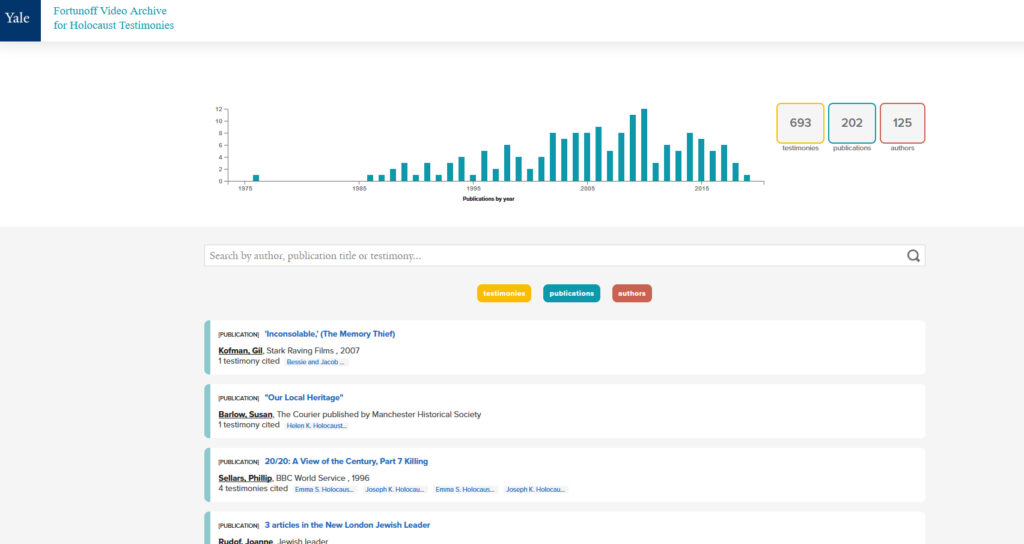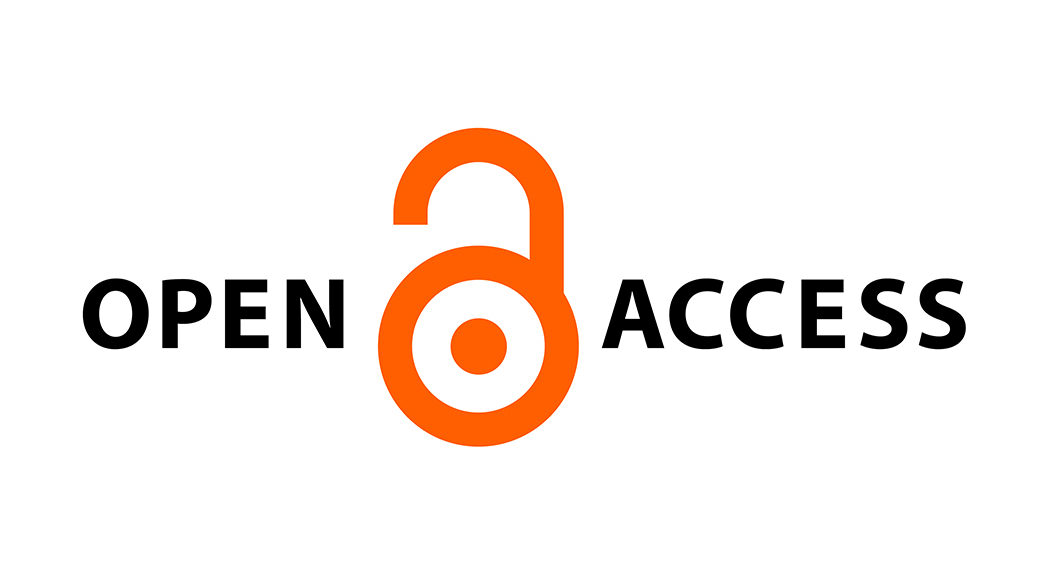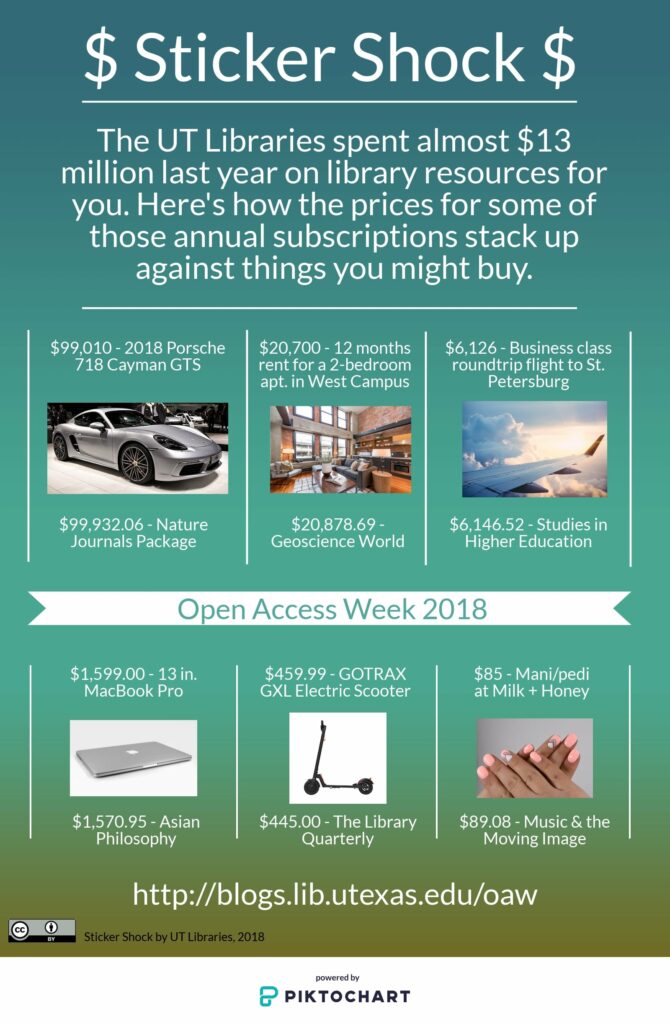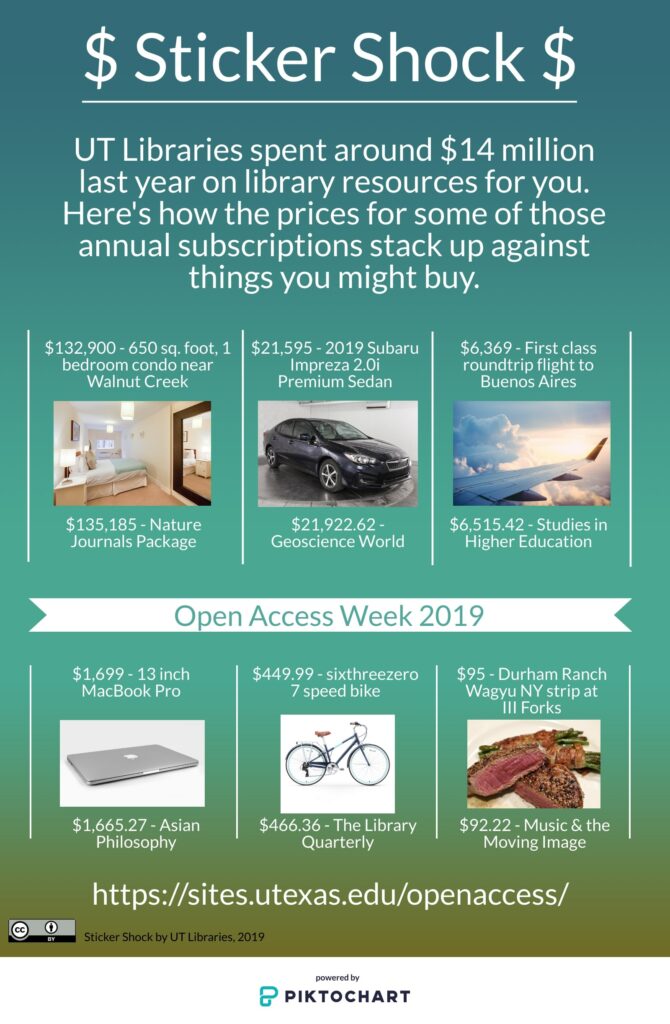When Vice Provost and Director of the University of Texas Libraries Lorraine Haricombe began her tenure as president of the Association of Research Libraries last August, she couldn’t have imagined that she would be facing the closure of the libraries at UT and the subsequent near-immediate conversion of library services and resources to meet the needs of a campus-wide transition to online teaching and learning.
So when the current health crisis ended any plans for a normal conclusion to the spring semester, Haricombe was not only dealing with a major leadership challenge on her own campus, but was the head of an organization that represents over 120 major research institutions across North America, many of which galvanized their research energies in support of global efforts to address the various facets of the pandemic. When The University of Texas at Austin shifted to remote operations in late March, Haricombe’s focus was on the Libraries conversion from a richly analog experience for campus users to serving a distant base of users through digital resources and support functions for research. At the same time, she was a lead participant in crafting the coordinated position and messaging of peer institutions in the U.S. and Canada.
Now that the libraries and institutions of higher education in the U.S. have forded the spring semester and begun to establish a local and national rhythm, Haricombe took some time to answer a few questions about her experience during this extraordinary time, and where she thinks the libraries can find silver linings among the clouds.
When did you realize that the Libraries would need to suspend operations? What was going through your mind about how this would impact our ability to serve the university?
Lorraine J. Haricombe: A confluence of several events on Friday, March 13 pointed to the seriousness of the pandemic in Austin and at UT. First, the early morning news about two cases in Travis County; second, the immediate closing of UT on that day and third, President Fenves’ announcement later that day that his wife had tested positive and that they would need to be quarantined for 14 days. I felt confident that UT Libraries was in a good position to respond to this crisis. Libraries had been working online for more than two decades. UT Libraries developed a roadmap towards a digital shift in summer 2019 which helped to transition essential services online in instruction, research support and learning. The COVID-19 accelerated the pace of implementation.
This is a global crisis unlike any we’ve dealt with in the last 100 years. When did you realize its magnitude, and how did that affect your decision-making process in the response?
LJH: The death rate elsewhere in the world followed by the crisis in New York quickly clarified the magnitude of the pandemic. In turn, Travis County, the City of Austin and the University of Texas influenced my response to make employee safety and health concerns a high priority. Despite the critical role of UT Libraries, I requested approval from UT administration to allow UTL employees to work from home “out of respect for their health and safety.”
When Fenves announced the transition to online classes, what were your initial thoughts about the Libraries’ role in supporting campus?
LJH: I appreciated the significant work of UTL’s collective Leadership Team in summer 2019 to position the Libraries for a digital ecosystem. This meant that UTL’s 2020-2021 roadmap was ready to be operationalized and that our workforce was quickly able to pivot to provide the most critical services and expertise necessary to support UT faculty online.
How do you utilize staff that are normally tasked with processing/preserving/transferring physical materials?
LJH: All our staff are equipped with devices to continue to work remotely. Many are being trained to do evolving projects and others that have been on the back burner.
How do you support traditionalist library users/patrons that are accustomed to in-person research or stacks browsing?
LJH: UT Libraries has access to many more online resources thanks to publishers and vendors opening up on a temporary basis online resources to students and faculty in higher education across the world. One key example is HathiTrust, a database that covers more than 40% of UT’s physical collection, digitally. Our librarians have provided LibGuides and resource pages to help identify critical and relevant resources.
Will this affect the long-term manner in which libraries are used or operate? If so, how?
LJH: Yes. Digital resources, their discoverability and access will be essential in an online environment where users now expect to have user-friendly access to their resources, anytime, anywhere. Libraries will require more flexible/agile structures to respond to different needs quickly that will necessitate a holistic approach to services, staff and space.
What are the challenges this exceptional historical moment present for libraries? What are the opportunities?
LJH: Among the key challenges is to change the perception of “what” libraries do (and can do). It will also be challenging to advance new models of service, skills, tools (e.g. AI) in a predominantly non-digital organizational structure. Despite a significant shift libraries are still challenged to create a compelling digital presence that corresponds to their successful physical learning space.
Opportunities: As long as universities exist there will be libraries; they will continue to have a physical presence but maybe fewer in number. Their focus will shift from a collections focus to user services with more embedded partnerships than transactional services.
Challenges offer exciting opportunities for workforce development (upskill, reskill, leadership development) to enhance physical-based services online or introduce new services, understand the new tools (and their biases), provide closer collaboration to help shape curriculum with information schools and partner with other professionals. This pandemic has elevated the central role of “what” libraries can do. Now we need to leverage the opportunity to constantly refresh our message to resonate with stakeholders and funders, e.g. how do we increase online research productivity and impact; how do library spaces facilitate innovative research and creative thinking; how does the library contribute to equitable student outcomes and inclusive learning environments?
What has it been like serving in your role as president of the Association of Research Libraries during the crisis? How did it affect your leadership, and what efforts has ARL undertaken to coordinate its efforts with member institutions?
LJH: ARL is strong and healthy. Despite the challenges higher education faced to move online, research libraries across North America have rapidly responded to the shifting needs of their communities and worked collectively to adapt, alongside public health officials, university administrators, and city officials, as well as research communities. In our favor, technological advancements have made information more easily accessible than ever before, and global collaboration is already part of everyday research. This crisis has surfaced exciting new opportunities for research libraries to have a leadership role, offer new services and collaborate/partner locally, nationally and globally.
At ARL, we continue to observe and share libraries’/campus responses that are consistent with the situation in which they find themselves. These (Zoom) peer-to-peer sessions have proved invaluable as we enter into different phases of crisis management and planning. Recently, I launched the new Plan Ahead Task Force to develop an Action Plan for the next 1-3 years anchored in the priorities ARL leaders have identified in a membership survey in April.
What sort of impact will this have on libraries’ relationship with the publishers? Are there implications for open access (esp. OERs)?
LJH: The COVID-19 pandemic has supercharged discussions around open access across the continuum from budgetary concerns for high priced journal subscriptions to transformative contracts that facilitate open access to scholarship. Many commercial publishers have made texts and other materials available as OERs however, this will likely cease once the semester ends. Libraries are well positioned to be catalytic leaders in developing OERs on their campuses, and at scale as consortia.
Hypothetically, assuming the health crisis runs its course (by time, therapies or a vaccine), where do you picture the Libraries in two years? How will they be the same? How will they be different? (as a byproduct of the crisis or just as a matter of strategic development)
LJH: I think libraries will continue to exist as central physical spaces. Our spaces are connectors of people and collaborators. Our services will (in part) be driven by user expectations. For example, do we return to a model of closed stacks until a vaccine is discovered to protect employees and satisfy user concerns of safety? How do we deploy data evidence decision-making to reinvest our resources where user data lead us. How can libraries collaborate at scale to find solutions in the “Digital Shift” (e.g. copyright, requirements for open information in licensing/procurement).
The digital shift will continue: we need to think holistically about our resources, services, skills, spaces and find new partnerships/collaborators to create a digital presence that corresponds to our successful physical learning environment. I see the changes as transitions through accelerated timeframes rather as “sudden stop/starts.” The future is here; we need to be in the moment.

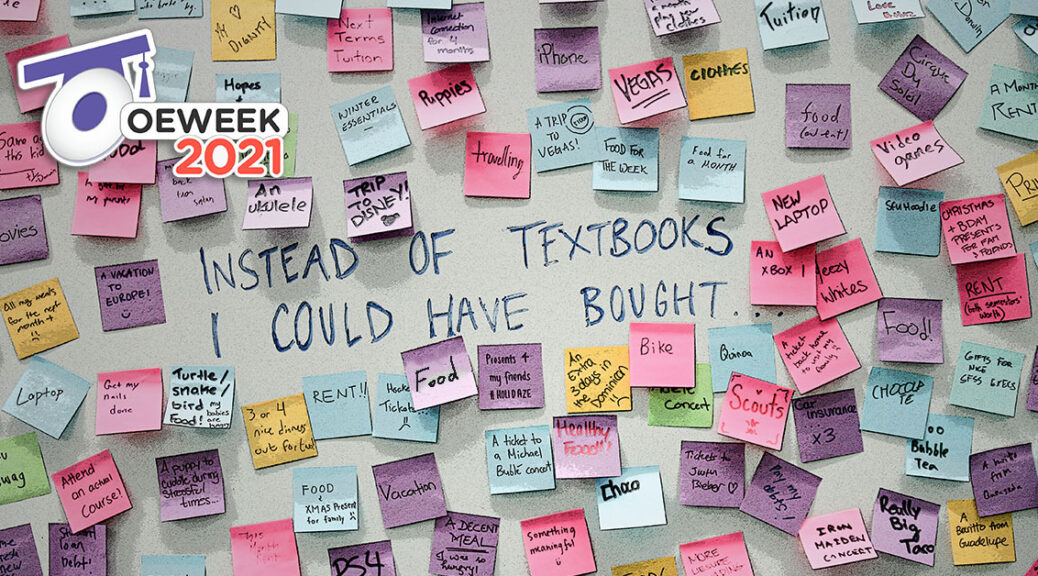

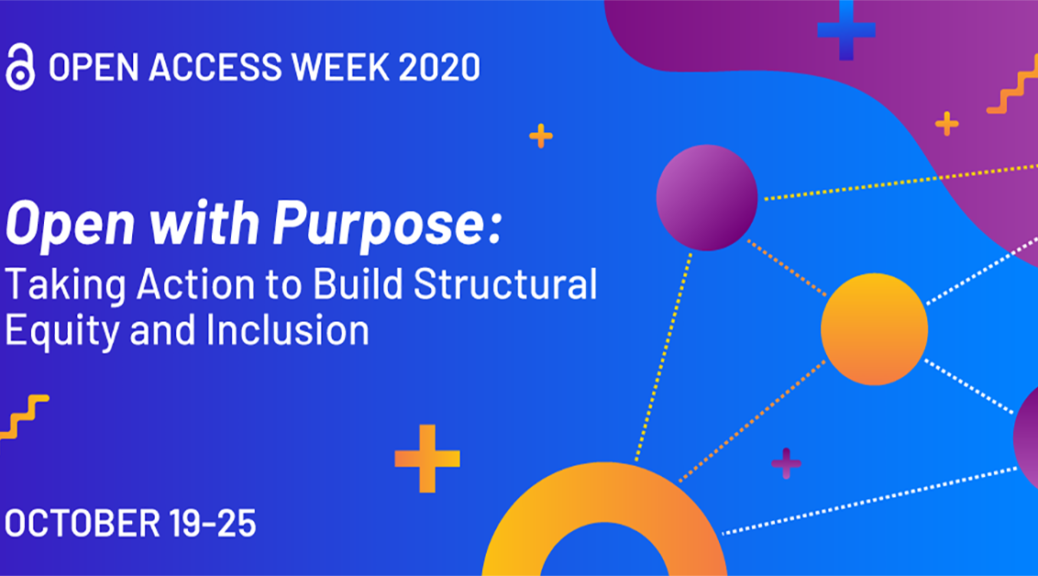
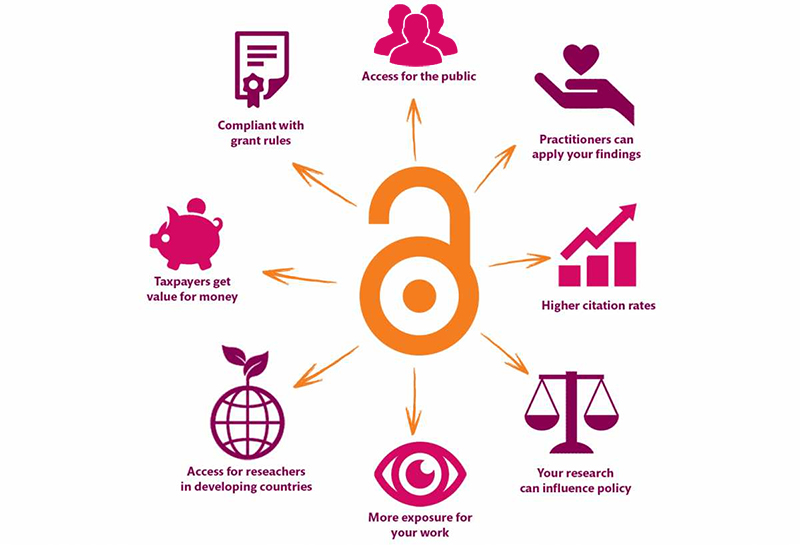
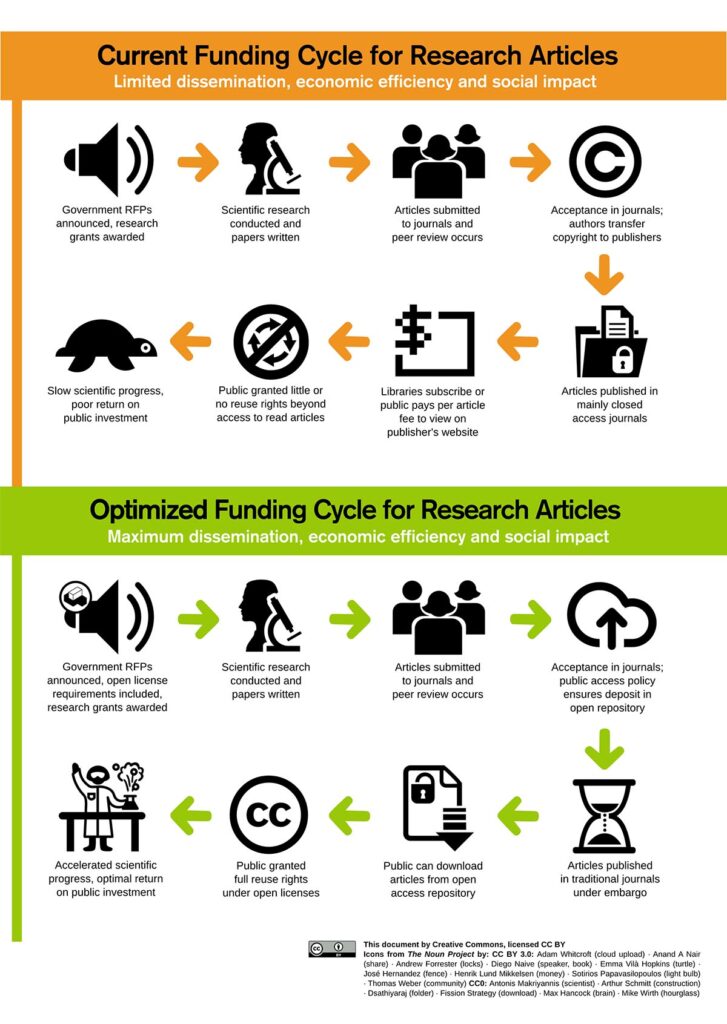

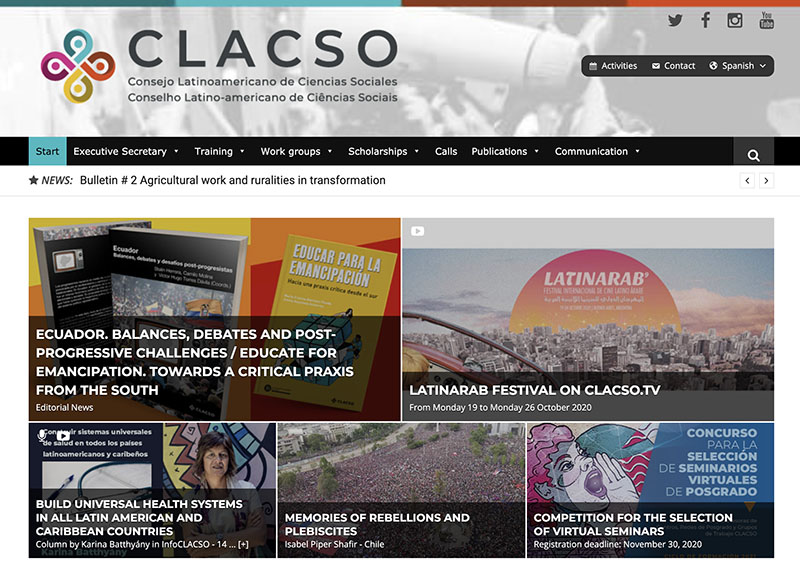
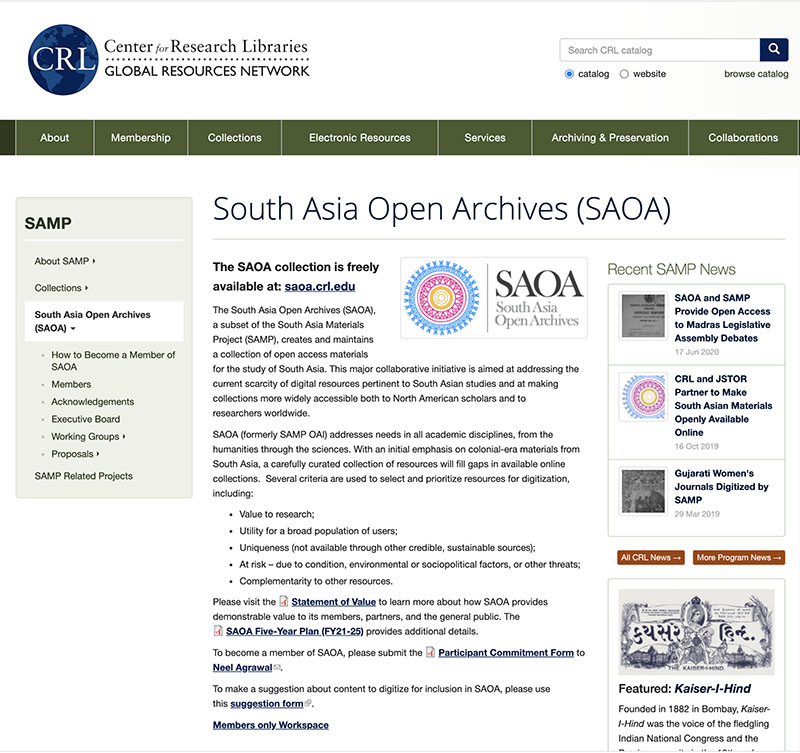
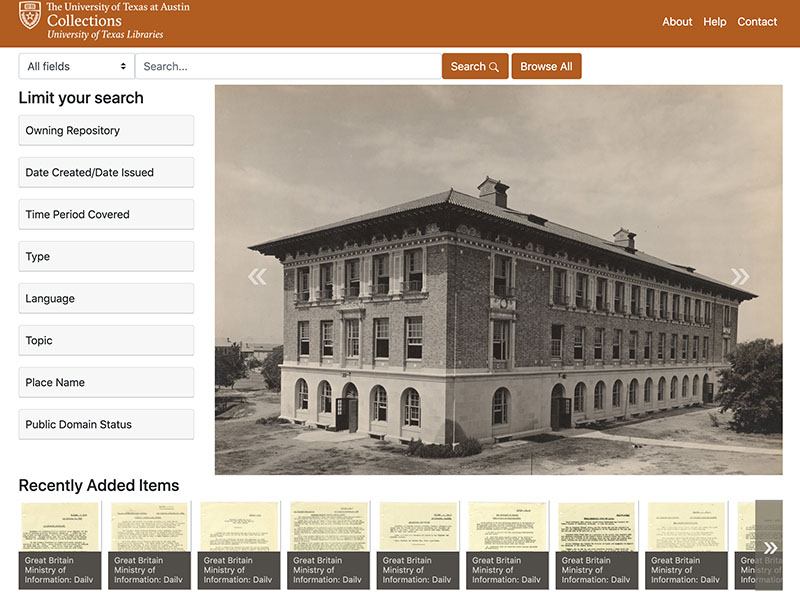
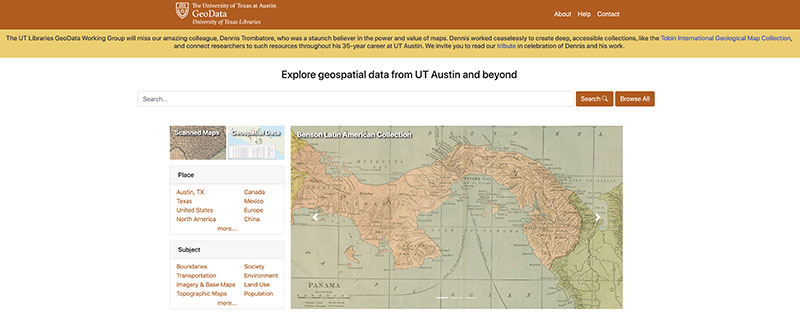
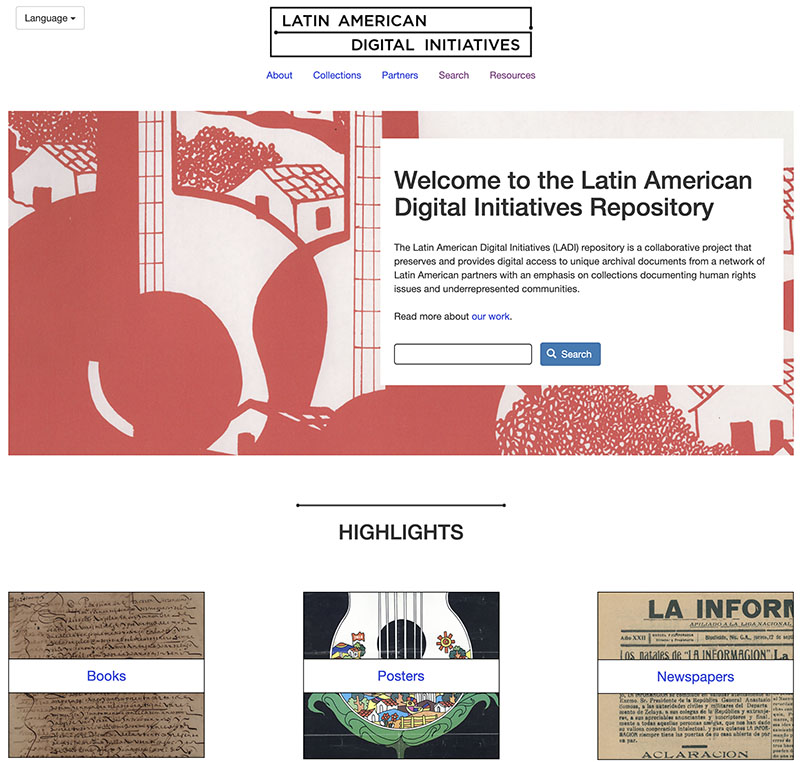
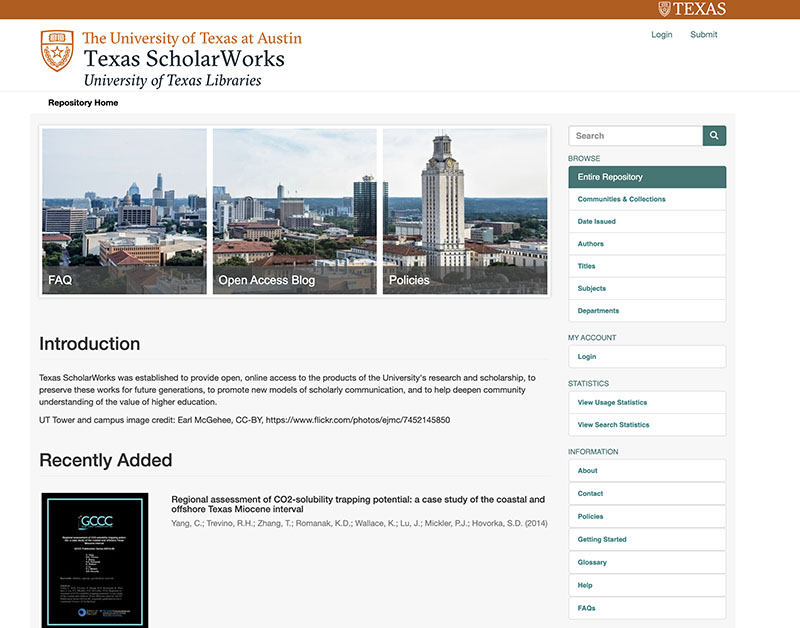
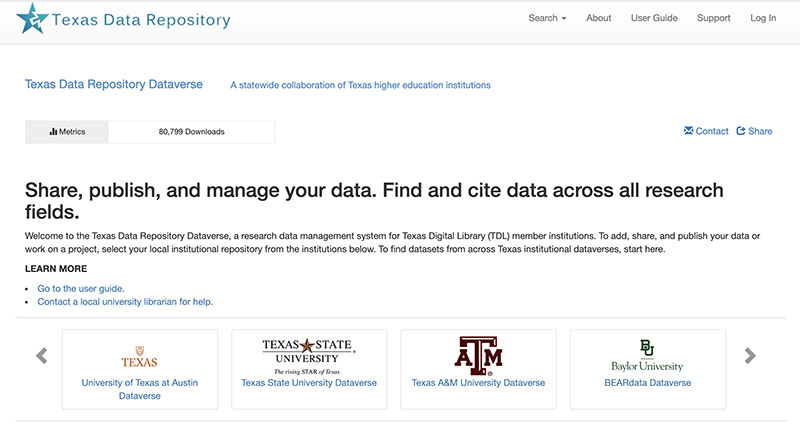
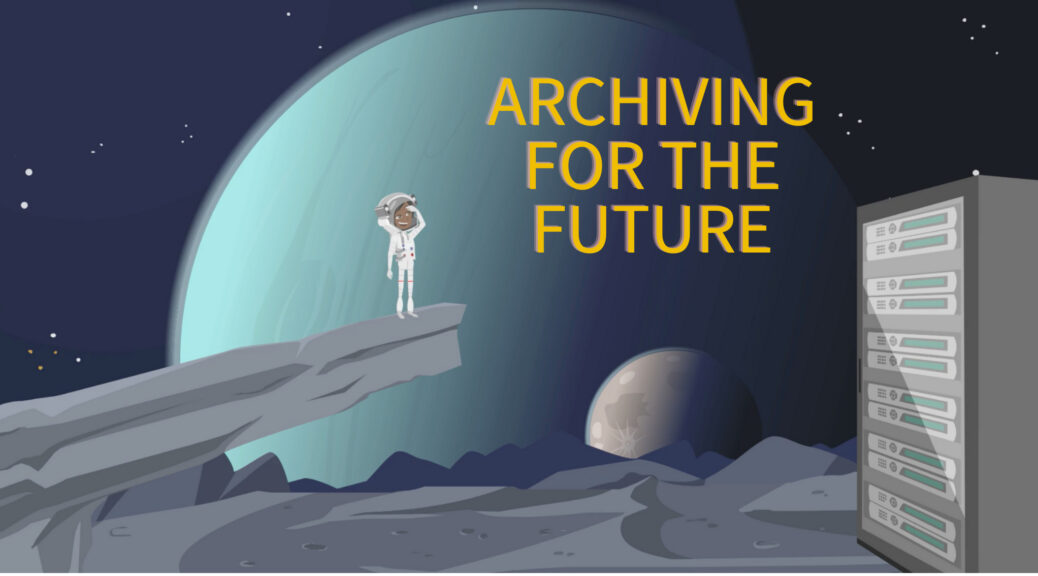
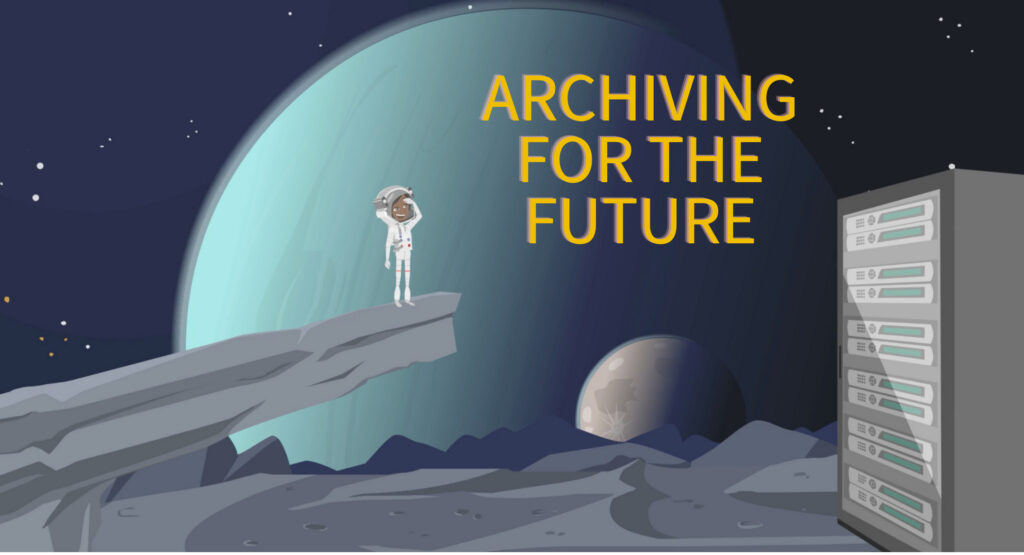
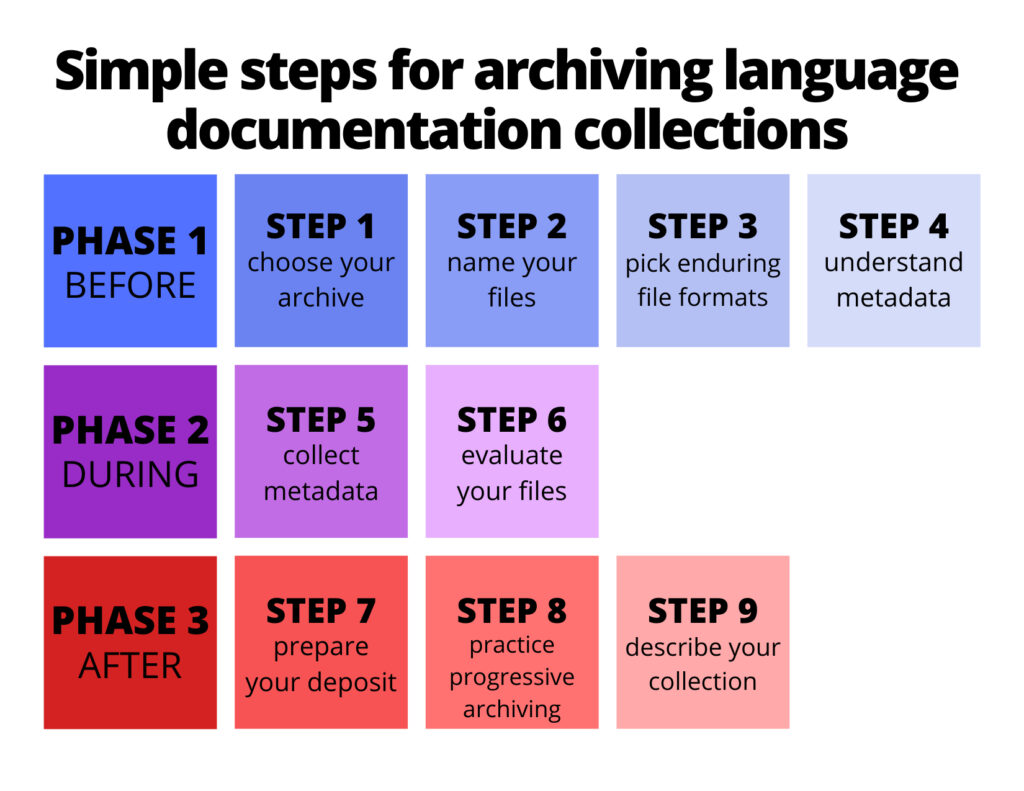
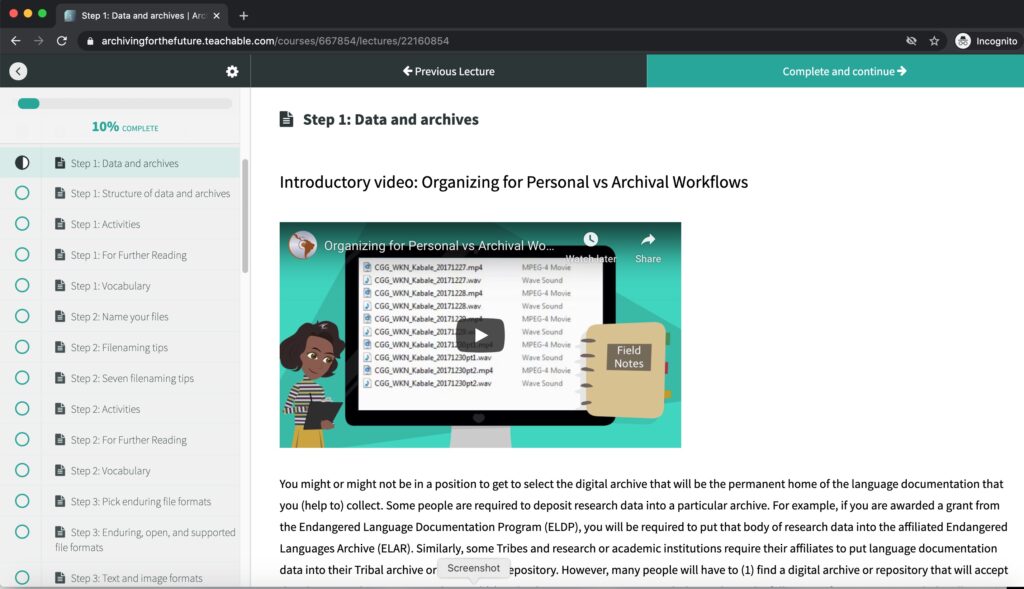

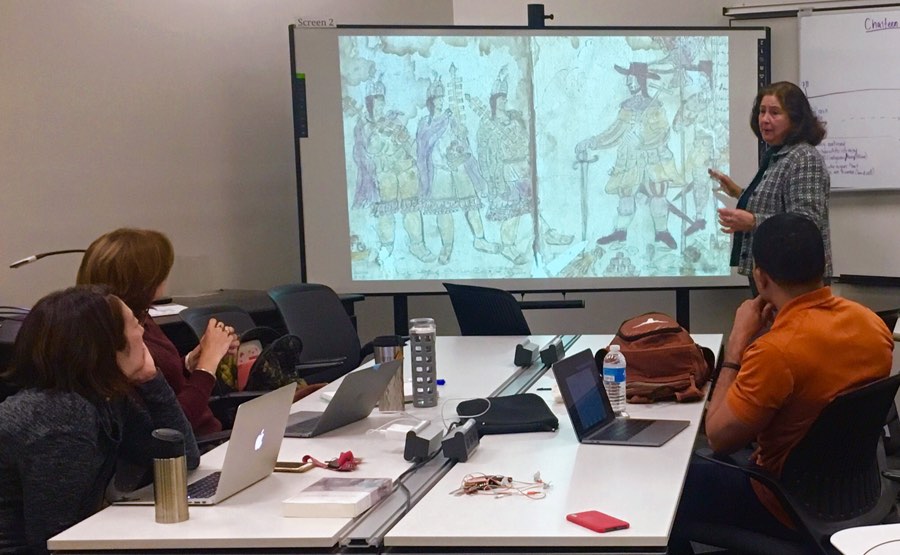
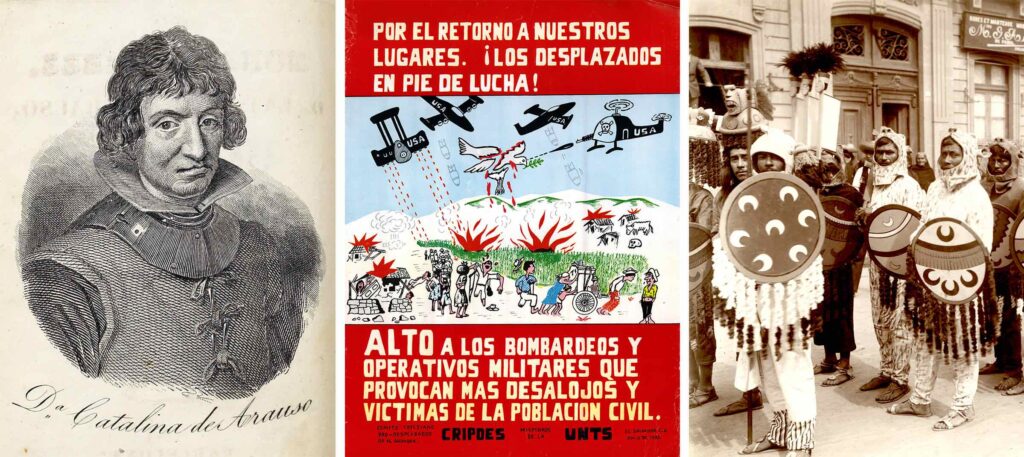
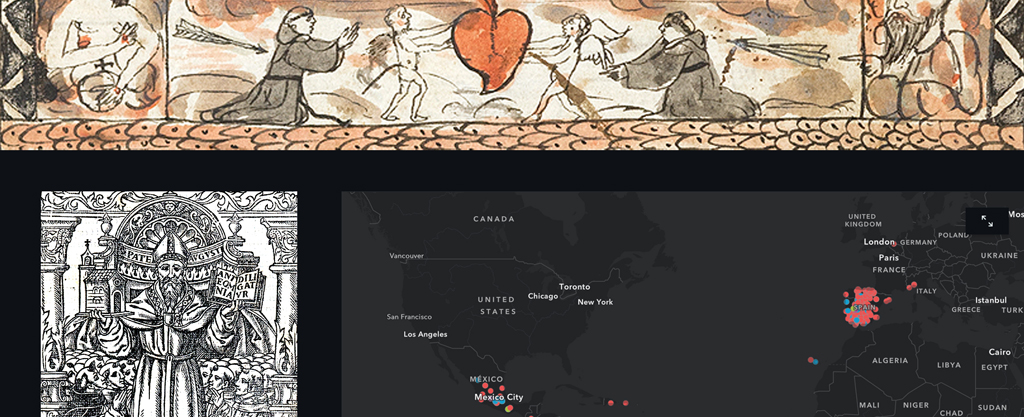
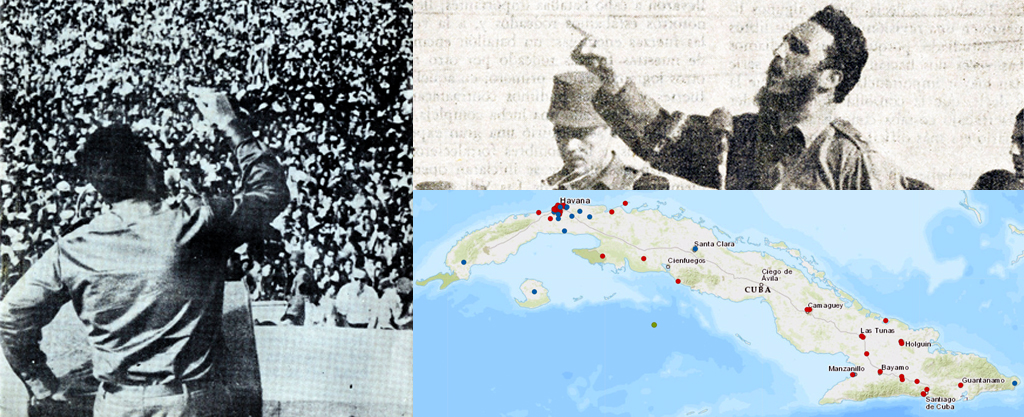
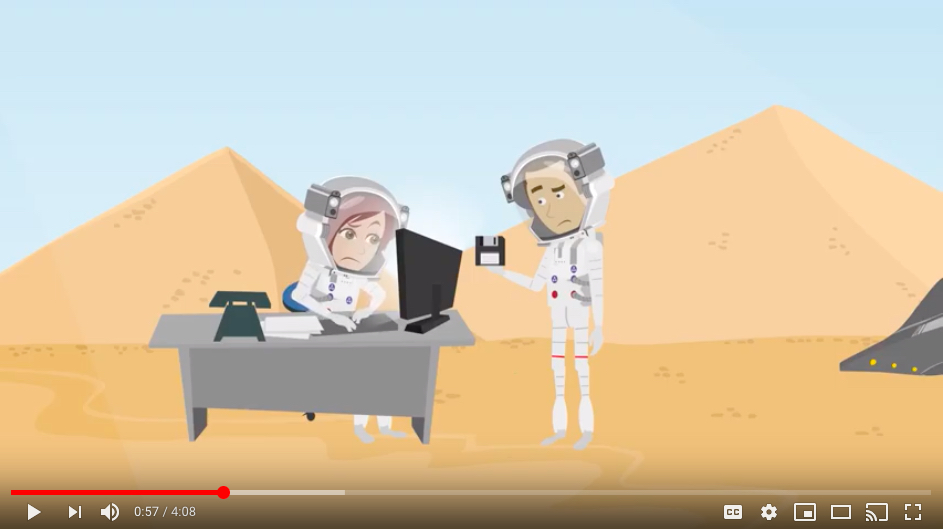
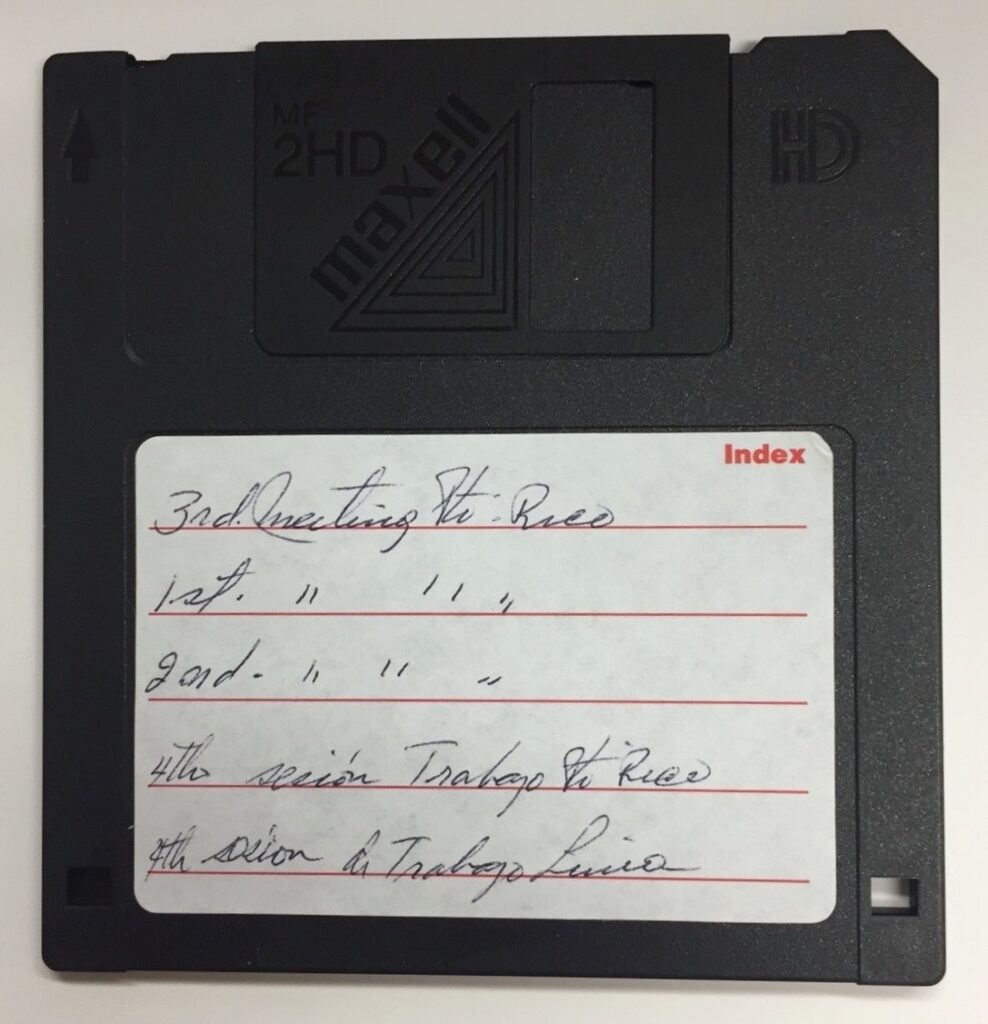

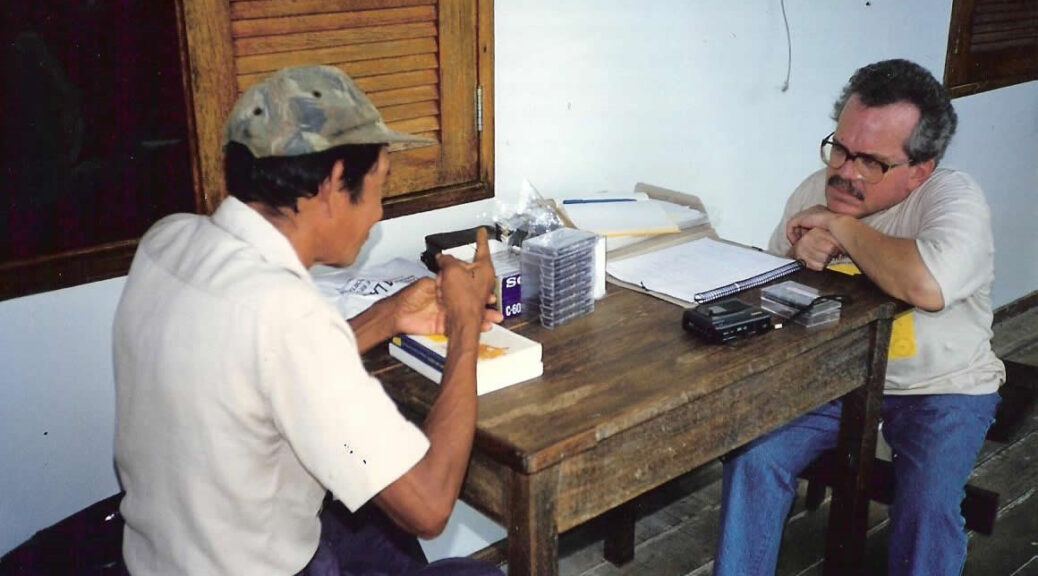
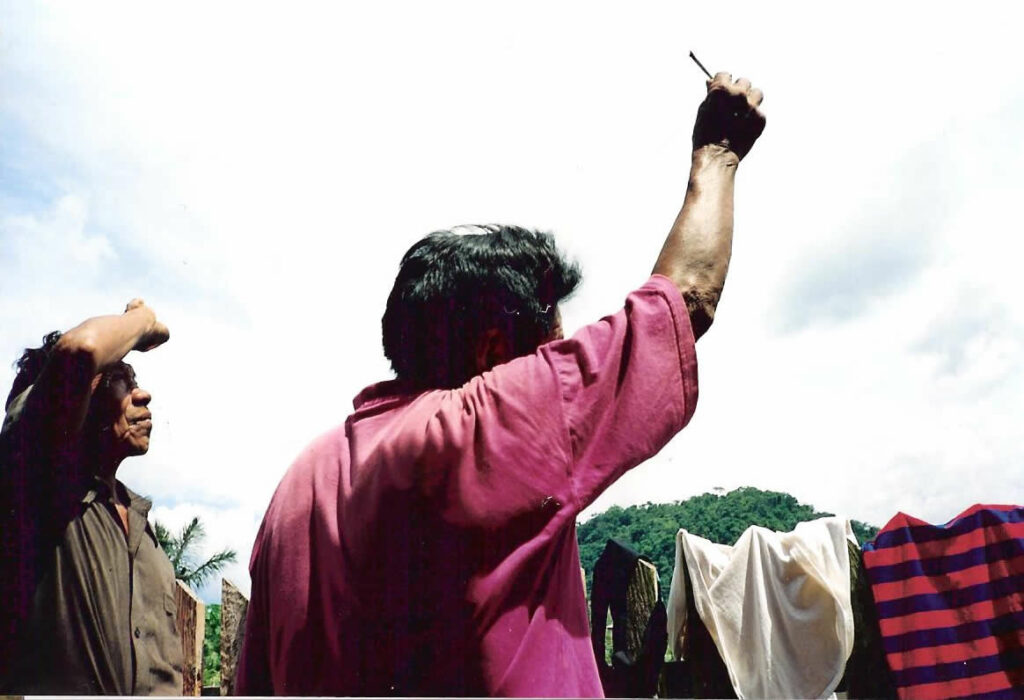
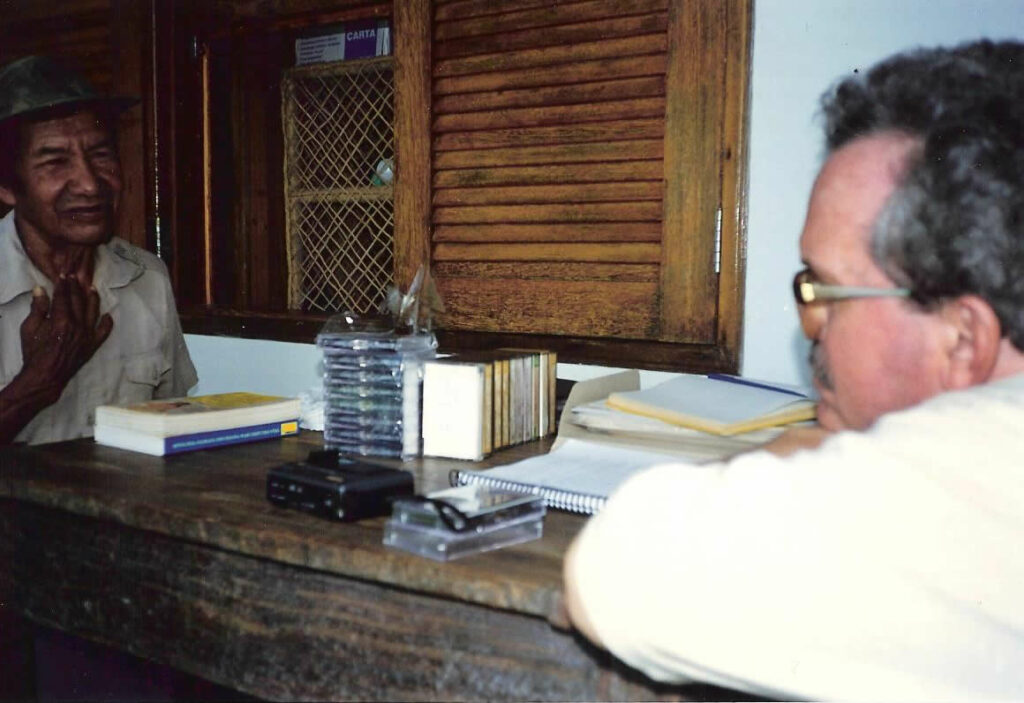
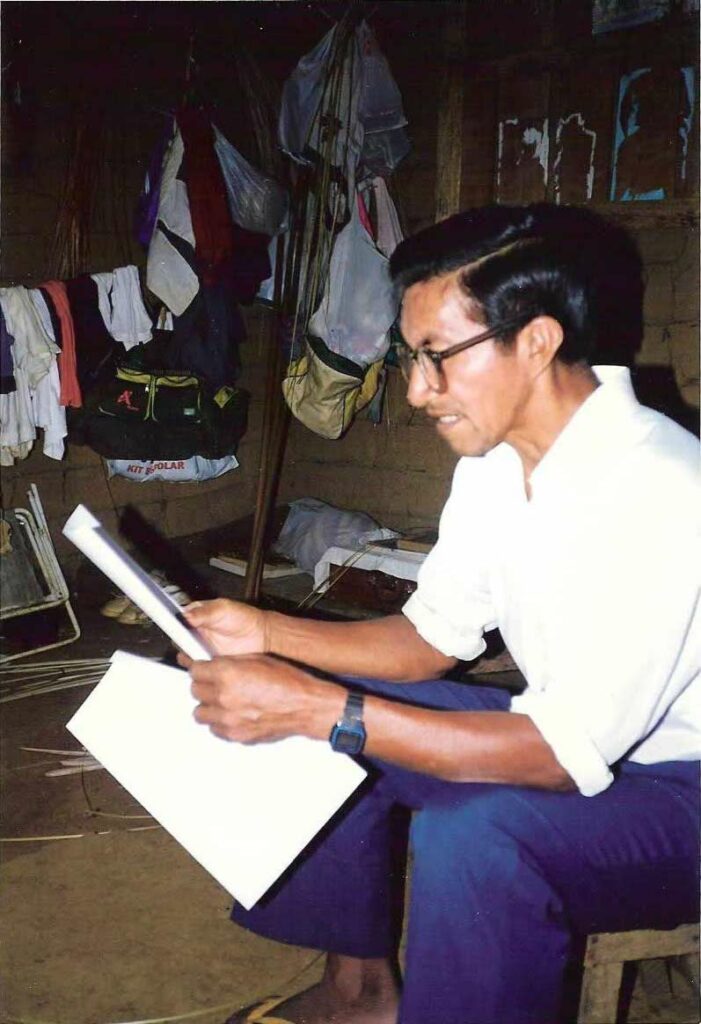
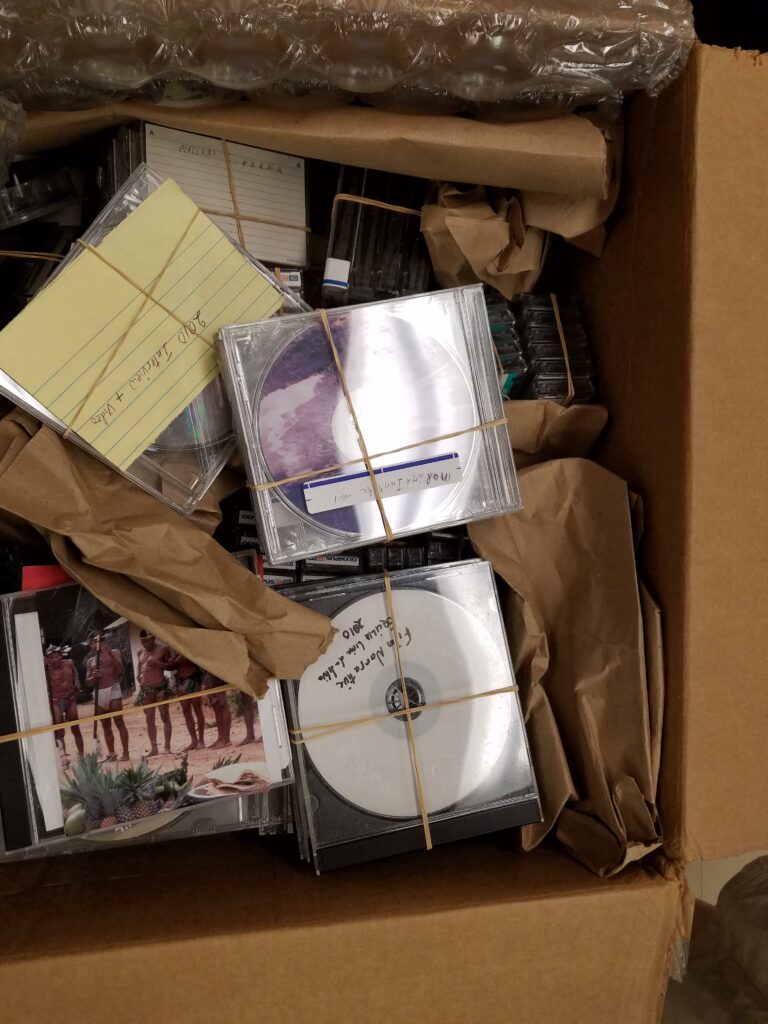
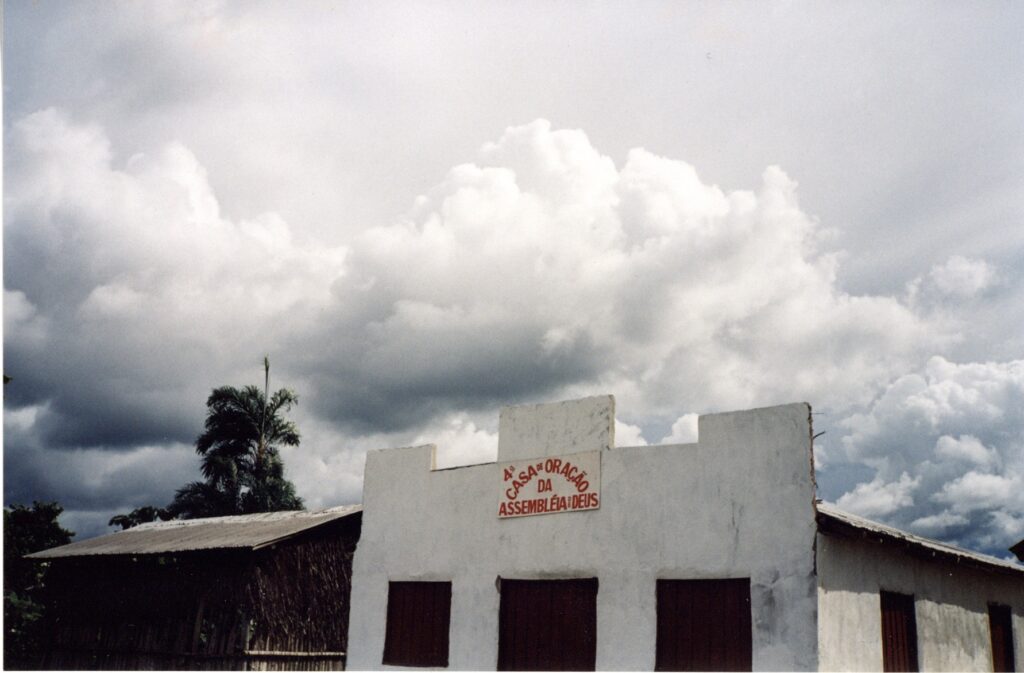
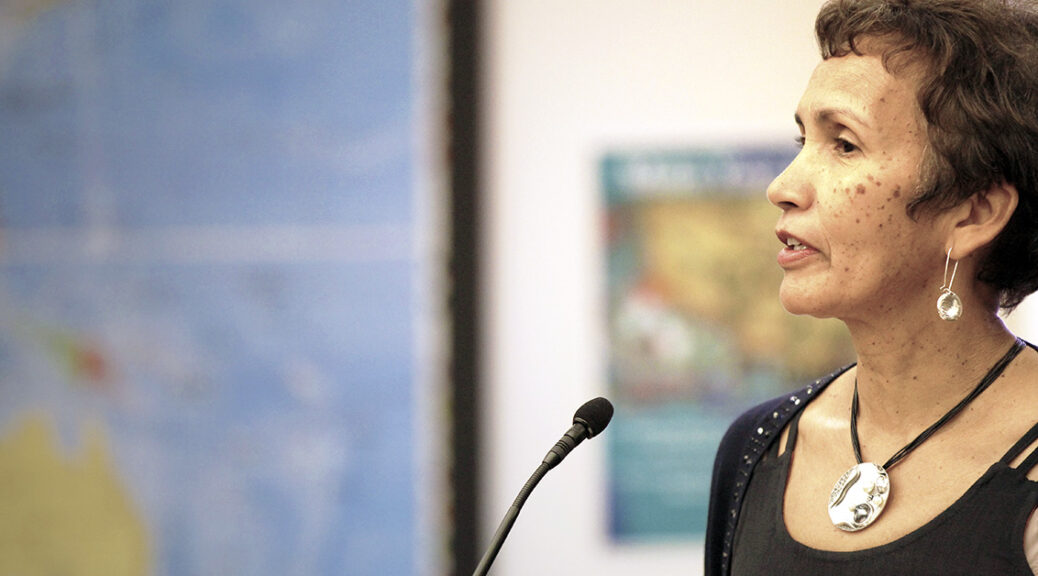
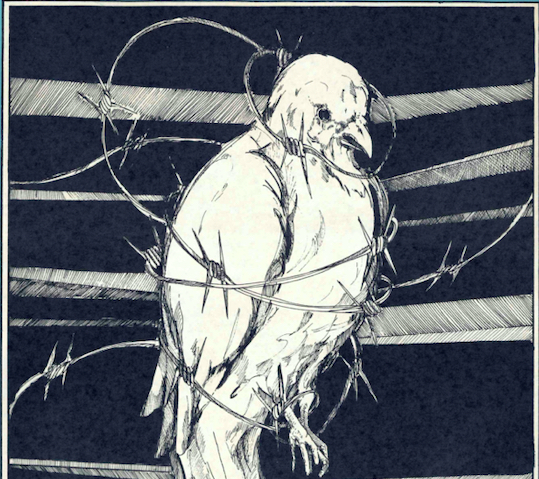
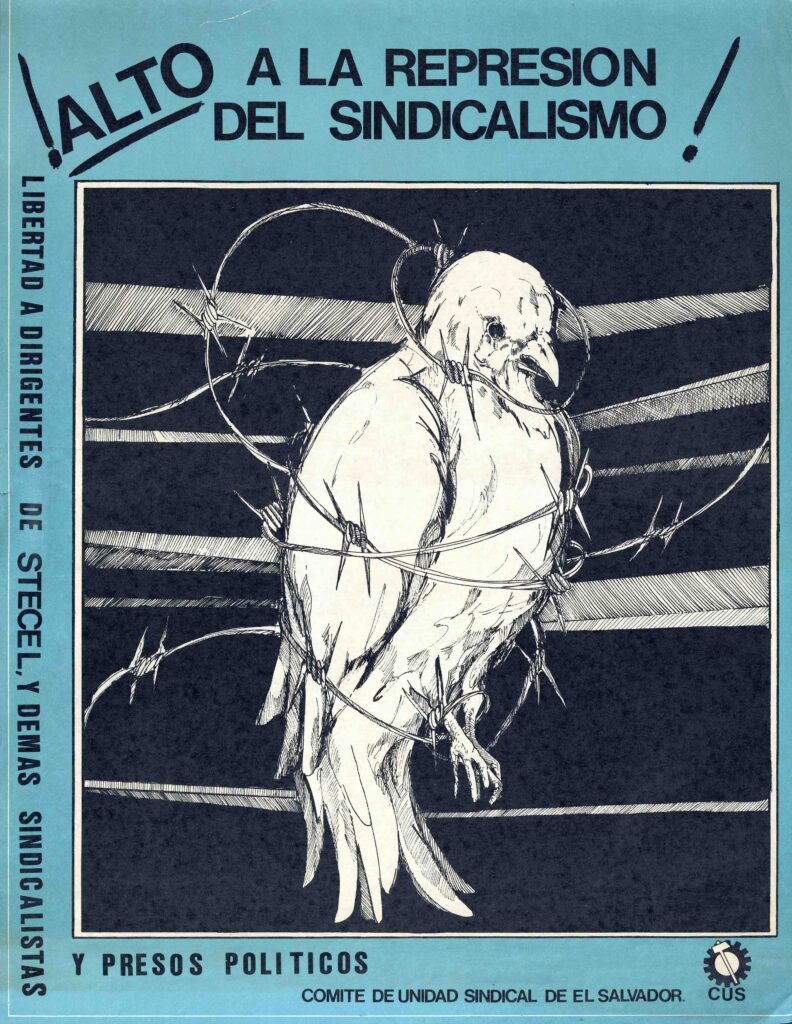
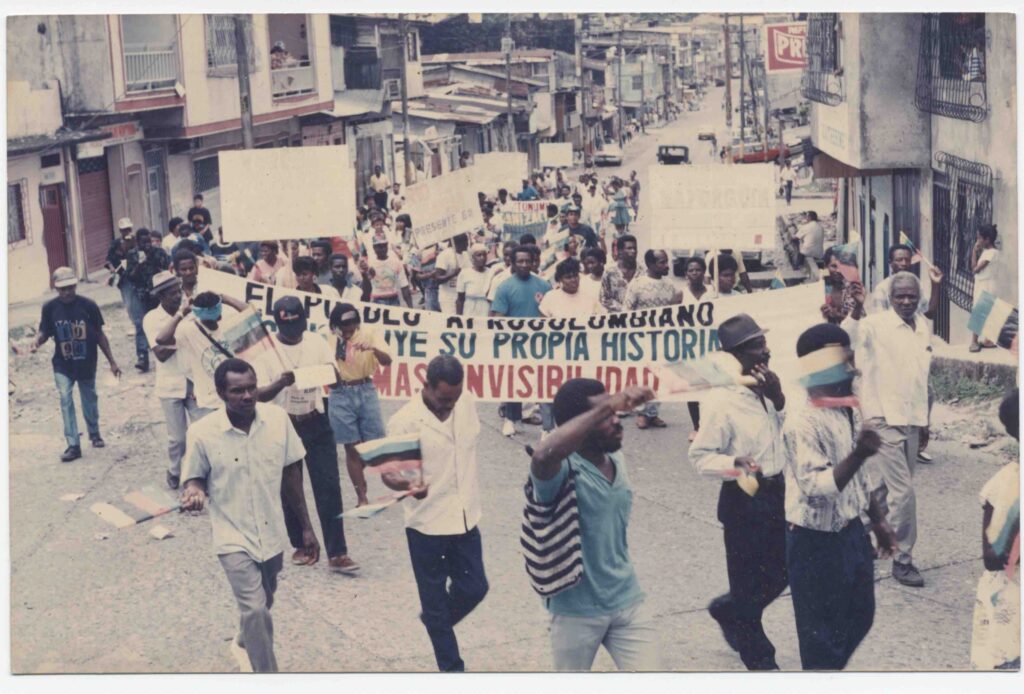
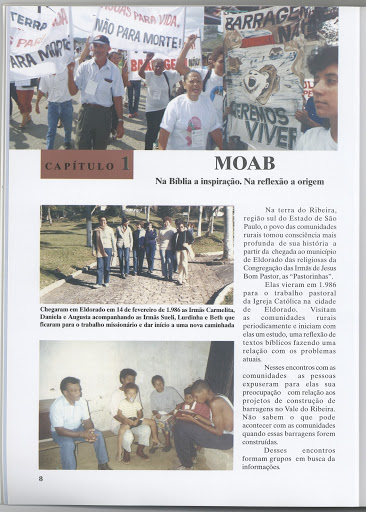
![Avalúo de los bienes de Manuel Romero [Appraisal of the assets of Manuel Romero]. Colección Digital Fondo Real de Cholula, Archivo Judicial del Estado de Puebla: https://ladi.lib.utexas.edu/en/frc01](https://texlibris.lib.utexas.edu/wp-content/uploads/2020/06/Cholula.jpg)
